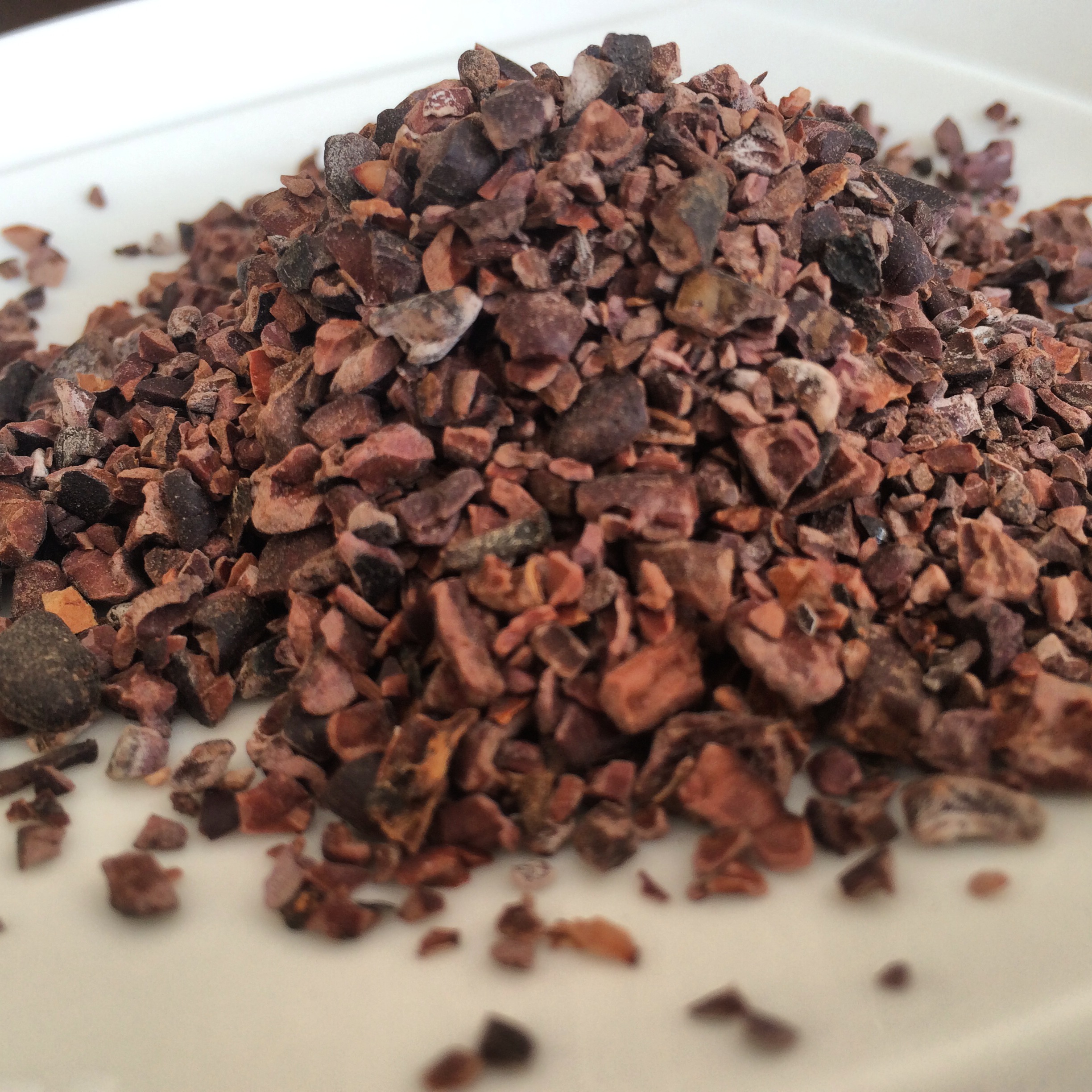
“Natural forces within us are the true healers of disease” – Hippocrates
Vaga Nutrition is here to support you, your health and well-being from a whole person approach.
Nutritional Medicine bridges the gap in health care and takes a bespoke approach to health, healing, prevention and wellness, helping restore the body’s natural ability to heal.



